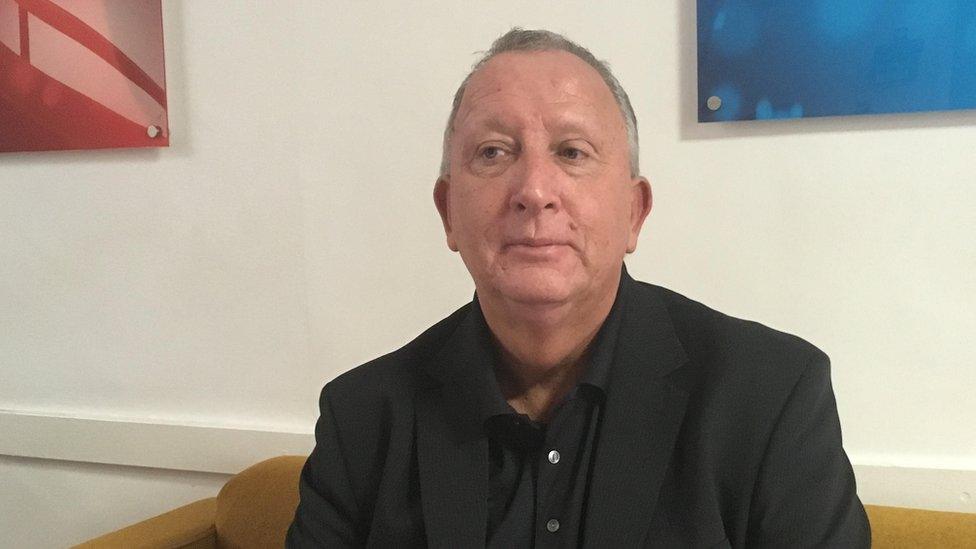Gambling addiction: Calls to helpline see 30% increase
- Published
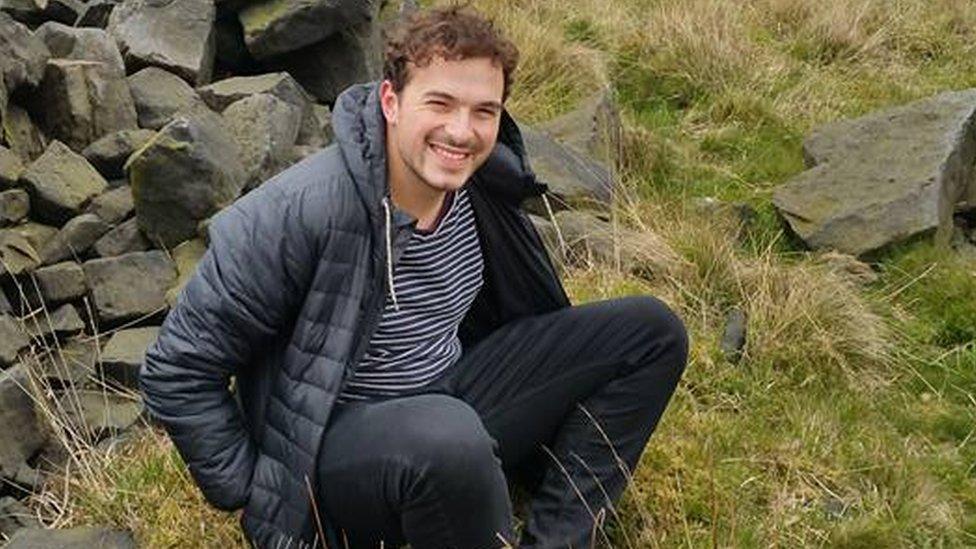
Jack Ritchie took his own life seven years after he began gambling at school
The mother of a man who killed himself after battling a gambling addiction has likened the problem to heroin dependency.
It comes as calls to a UK-wide gambling addiction helpline have risen by more than 30% over five years.
Liz Ritchie, whose son Jack died in 2017, said more was needed to be done to highlight dangers and regulate it.
The Gambling Commission said it was working with the industry to protect those at risk of harm.
New figures from the National Gambling Helpline show it took 29,889 calls in 2017-18, up from 22,875 in 2013-14.
Its chief executive Anna Hemmings said about two-thirds of calls were about financial problems, while about 50% of callers were worried about their mental health.
Liz and Charles Ritchie, from Sheffield, helped found Gambling with Lives after their 24-year-old son Jack took his own life in Vietnam in 2017.
They said he began gambling when he was 17, visiting betting shops during his school lunch break to use fixed-odds betting terminals.
By the time he admitted his problem a year later he had lost thousands of pounds, including £5,000 given to him by his grandmother, they said.
His parents said they thought their son would "grow out of it" and his death had come "totally out of the blue".
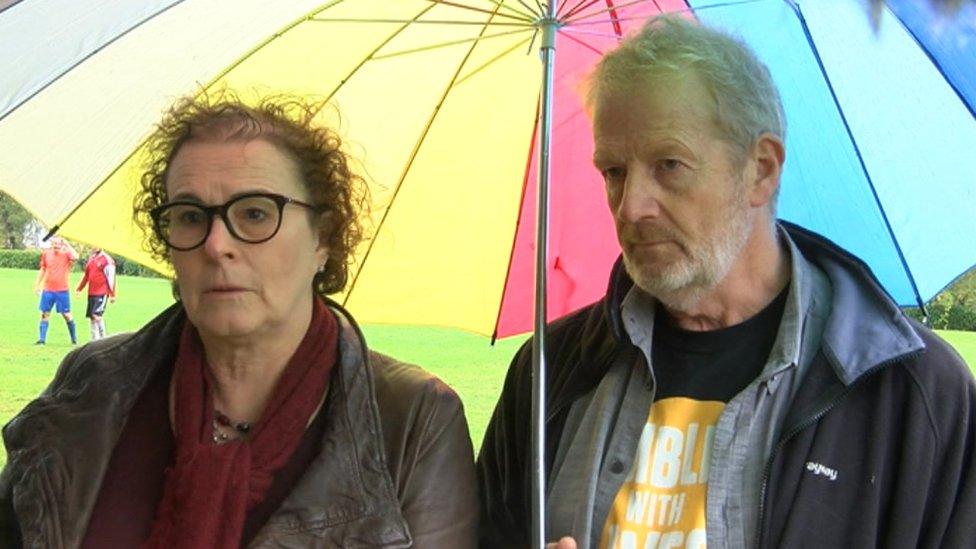
Liz and Charles Ritchie set up the charity Gambling with Lives following the death of their son Jack
Funding for the National Gambling Helpline comes in part from Gamble Aware, an independent national charity funded by donations from the gambling industry.
It urged anyone with a gambling problem to make contact as soon as possible.
"We can work very effectively and in quite a short space of time," Mrs Hemmings said.
"That will help reduce the impact on family and the impact of gambling-related harm more broadly."
Among the Gambling with Lives charity's campaigns is the immediate implementation of the proposed £2 maximum stake on fixed-odds betting terminals announced in May.
Mrs Ritchie said: "Gambling on these fast-paced electronic machines, either in the bookies or online, is equivalent to a heroin addiction.
"You are addicted very suddenly and very early and we didn't understand that.
"This is a serious addiction and we need a serious public health message."
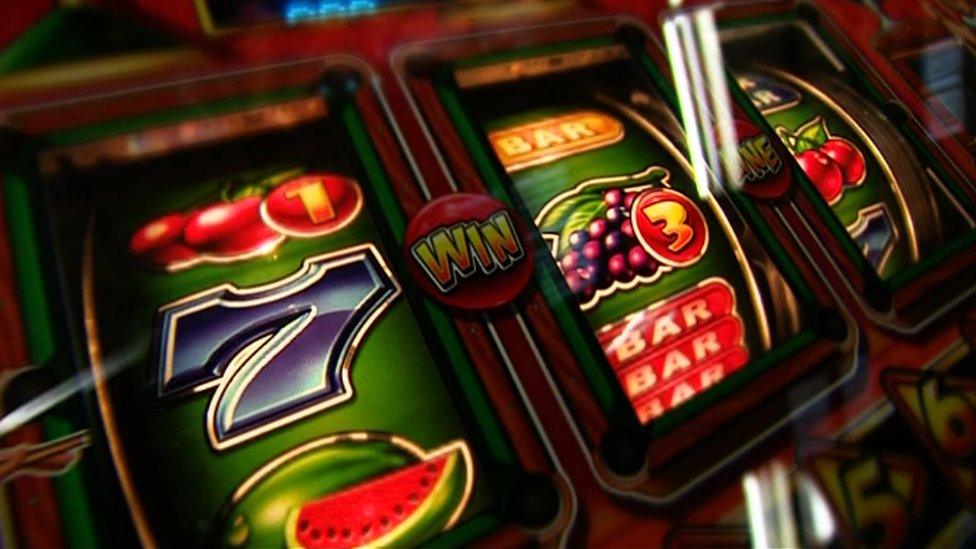
Nearly 30,000 people called the National Gambling Hotline in 2017-18
Mr Ritchie said the charity also wanted more to be done to raise awareness of the potential dangers of gambling.
"One of the scandals about this is the number of young people that take their own lives," he said.
"Research estimates that could be anything between 250 and 650 deaths in the UK each year."
Tim Miller, executive director at the Gambling Commission, said: "It is important that those struggling with gambling are able to access support when they need it.
"But a focus on preventing harm in the first place is equally important [and] that's why we will continue to take actions to require gambling companies to spot those being harmed by gambling and step in to protect them."
A Department for Digital, Culture, Media and Sport spokesperson said: "We are cutting the maximum fixed odds betting terminal stake to £2 and introducing increased safeguards on online gambling.
"On top of that we have brought in tougher rules on betting adverts and ensured the betting industry funds a new multi-million pound responsible gambling campaign."
- Published11 October 2018
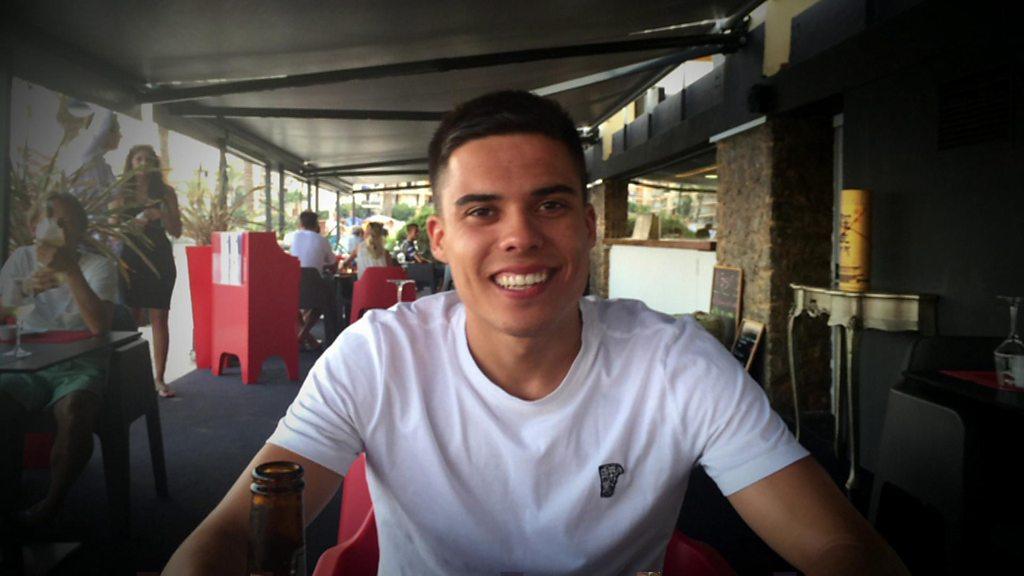
- Published10 October 2018
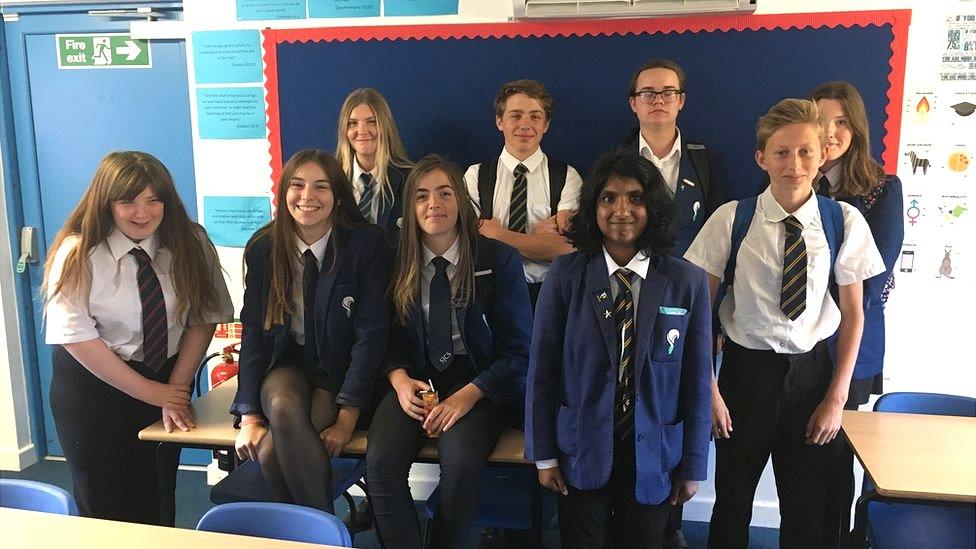
- Published20 September 2018
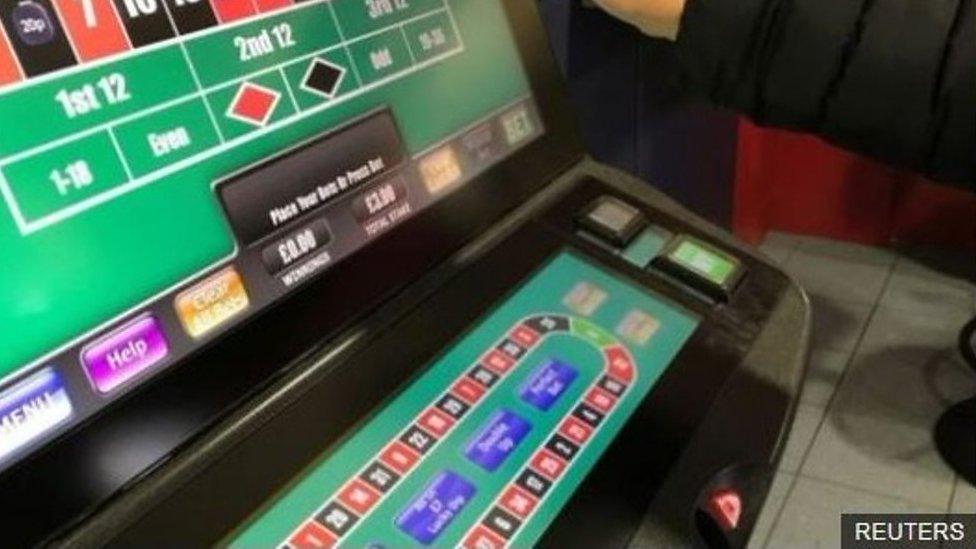
- Published17 May 2018
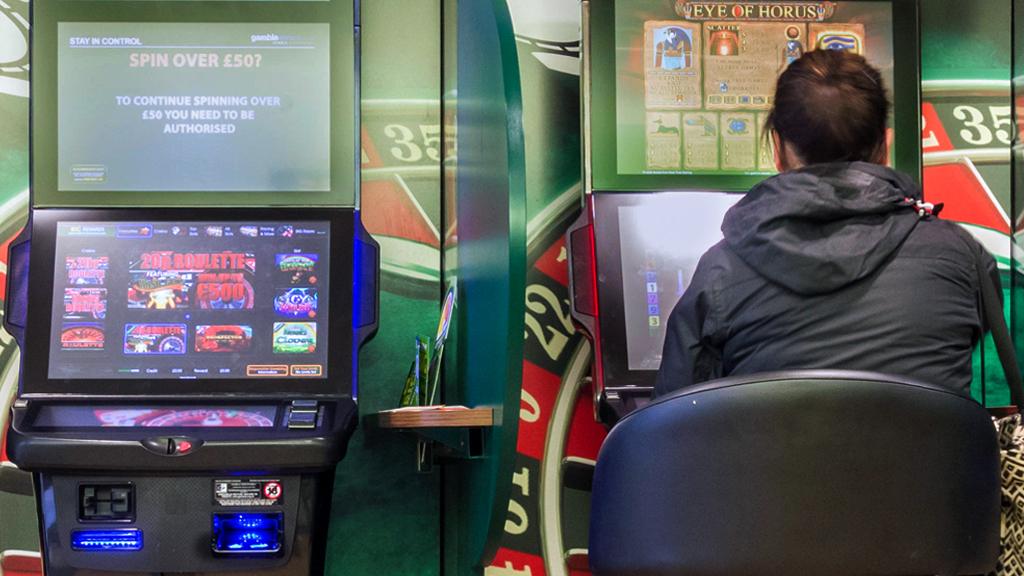
- Published15 May 2018
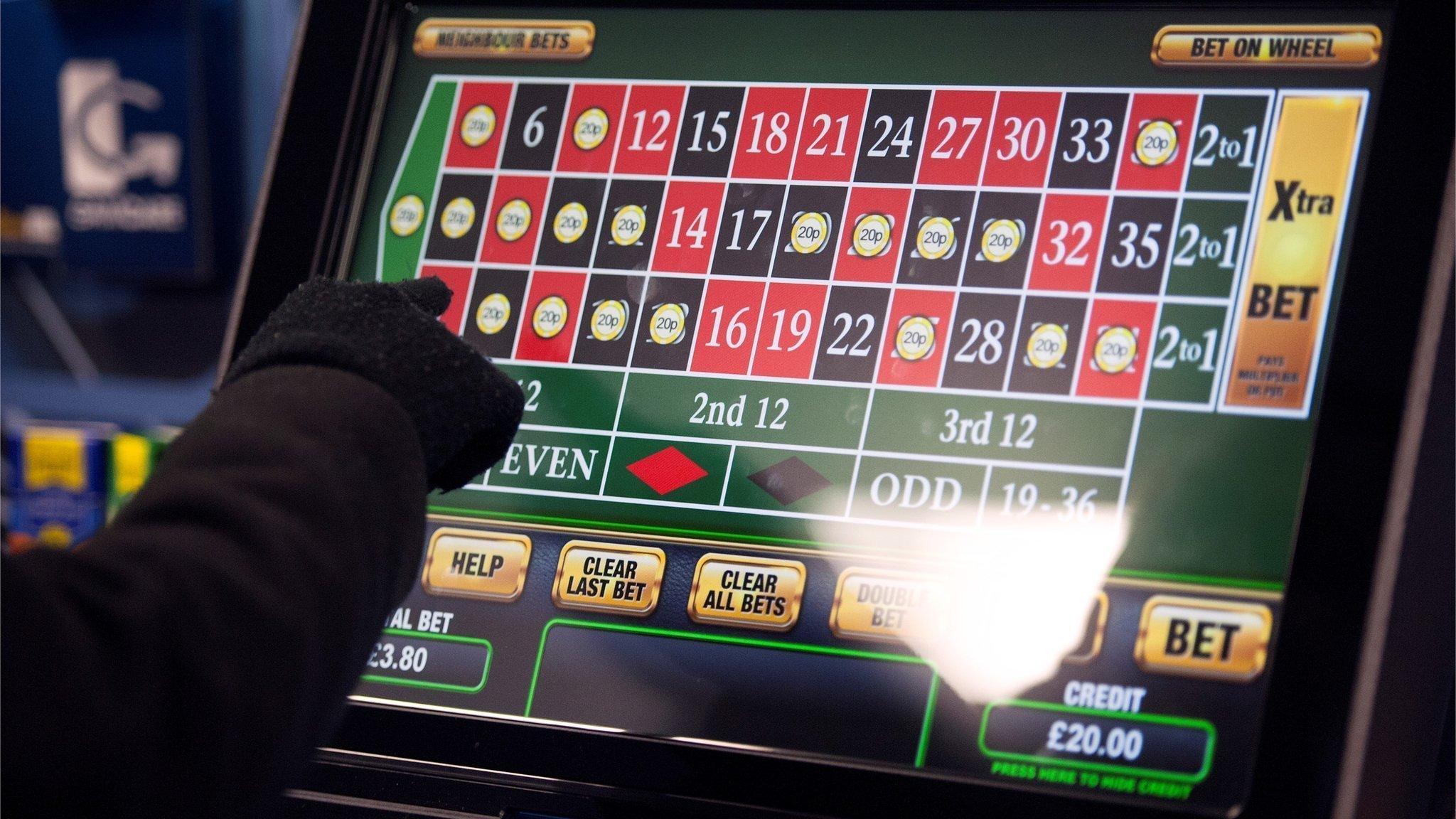
- Published19 March 2018
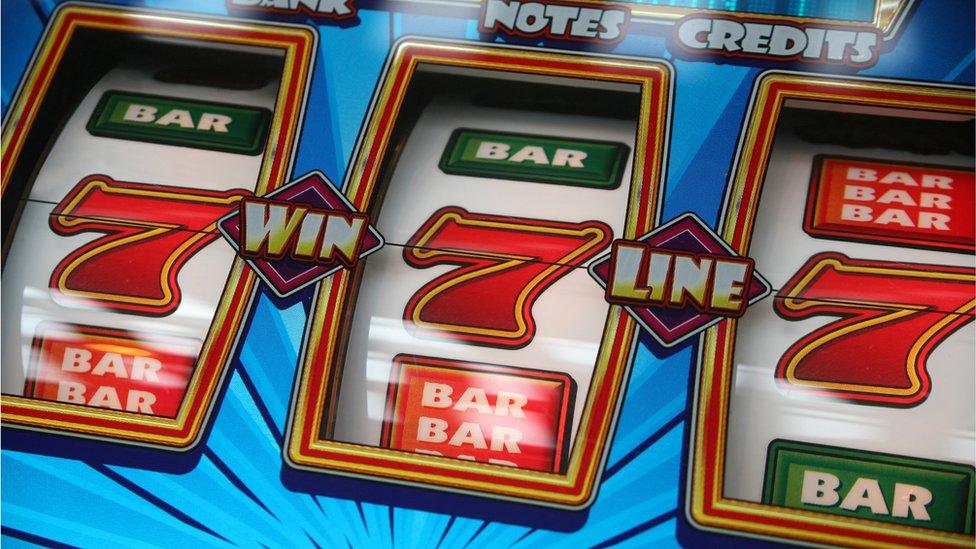
- Published31 October 2017
